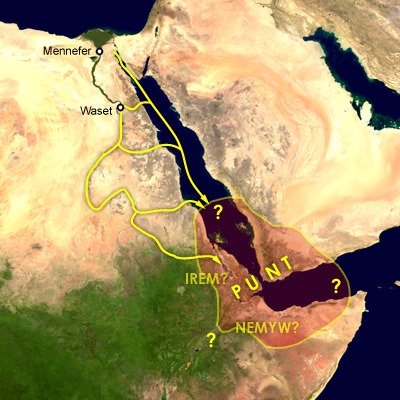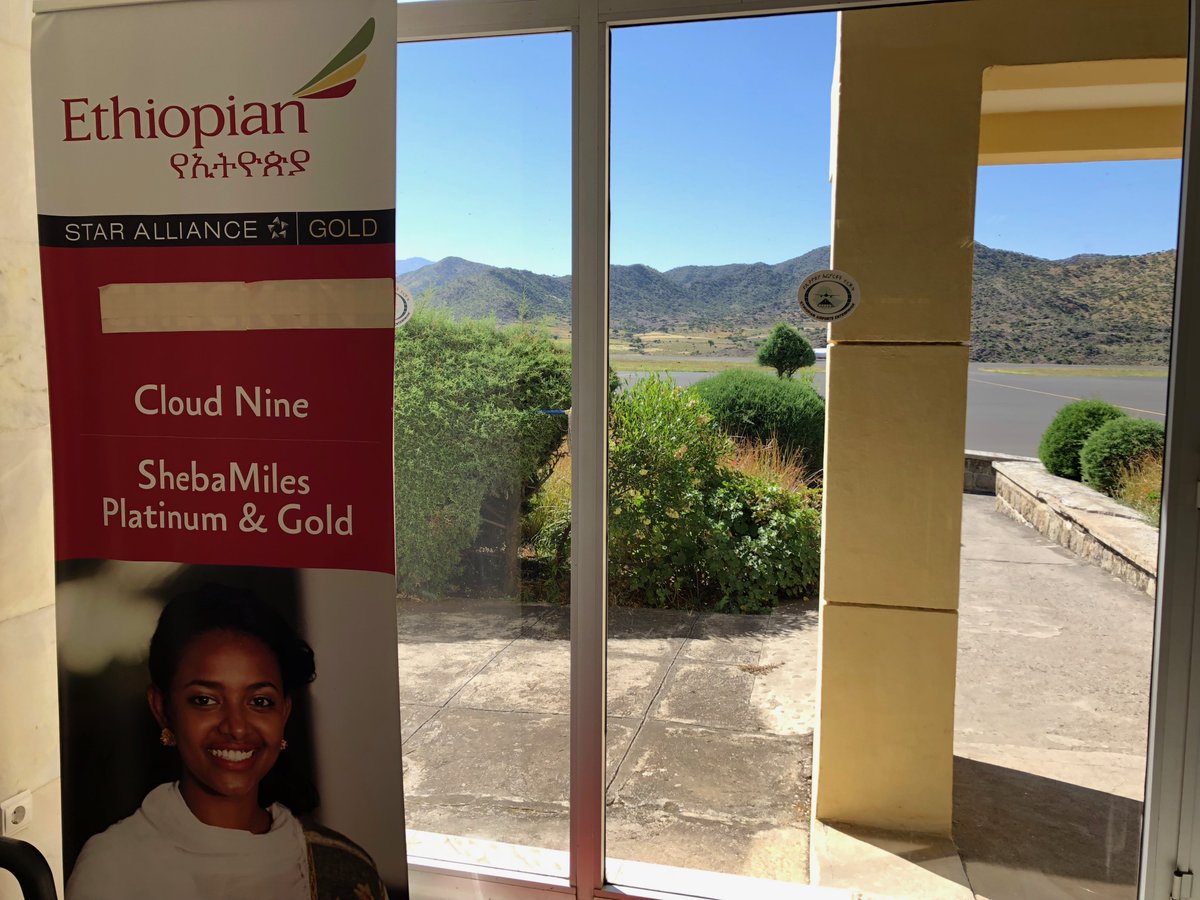1 Original UK EU mandate didn't include OTs except for Gibraltar.
2 In May, EU said they didn't have a mandate to negotiate for their OTs and wouldn't negotiate on UK OT issues.
To find out why it is vital that the #Falklands current tariff and quota free market access to the #EU is retained after December 31 2020, watch out short animation. #Brexit #Trade #Negotiations #OverseasTerritories https://t.co/PL4znTLFkQ
— FIG Representative to the UK and Europe (@FalklandsRepUK) February 6, 2020



The famous \u201cLucy\u201d, an early ancestor of modern humans (Australopithecus) that lived 3.2 million years ago, and was discovered in 1974 in Ethiopia, displayed in the national museum in Addis Ababa \U0001f1ea\U0001f1f9 pic.twitter.com/N3oWqk1SW2
— Patrick Chovanec (@prchovanec) November 9, 2018


